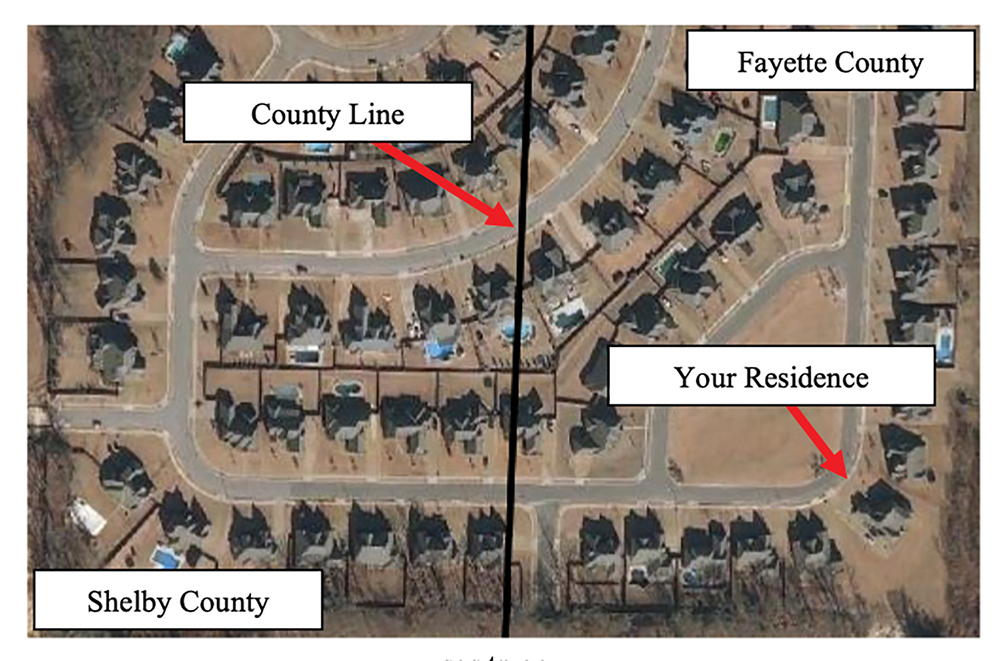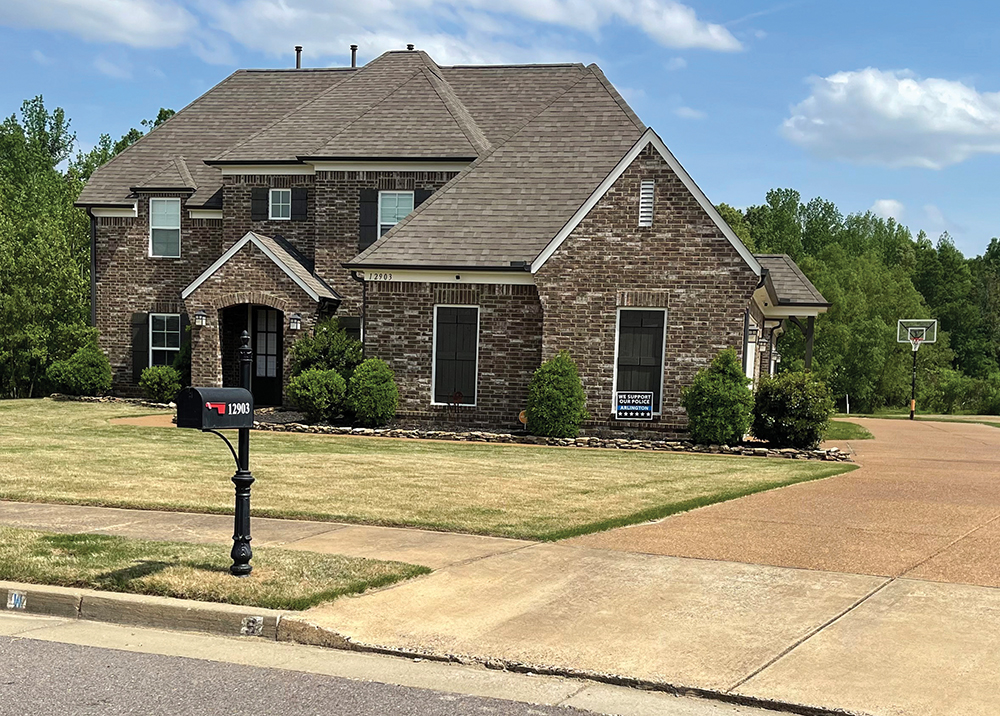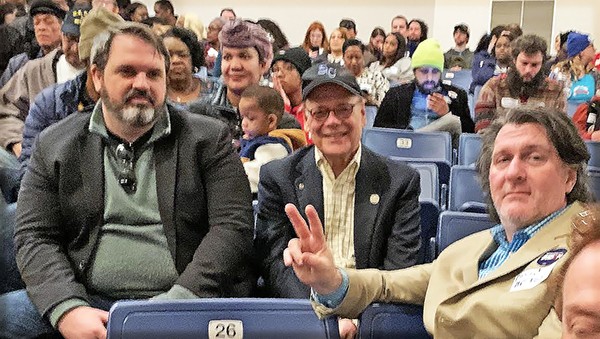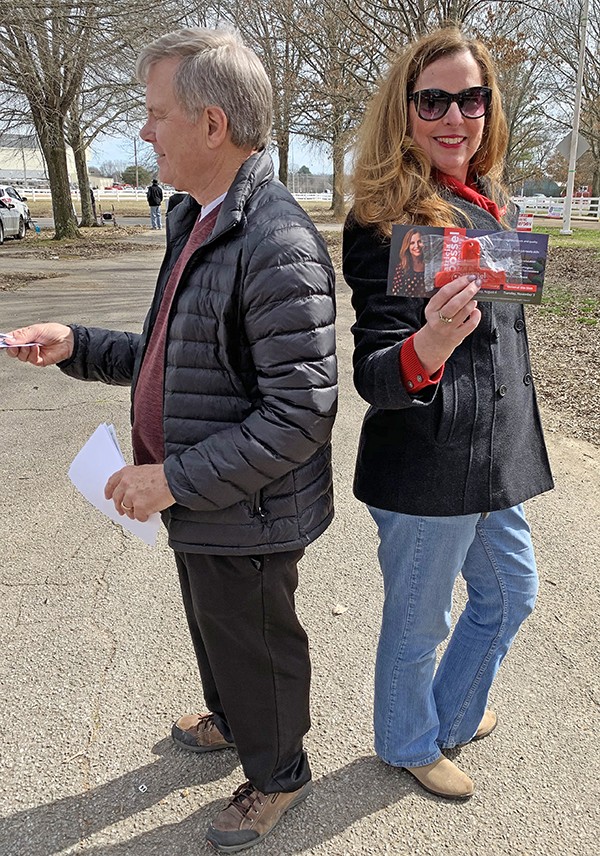Back in 2015 Tom Leatherwood, as Shelby County register, signed and thereby authenticated the deed of Lee and Amber Mills for a brand-new house at the Shelby County address of 12903 Shane Hollow Drive in Arlington.
In 2022, Lee Mills, an airline pilot and a former chairman of the Shelby County Republican Party, is hoping to unseat Leatherwood in a race for the District 99 state House of Representatives seat.
It would be Mills’ third effort to defeat Leatherwood for the seat, beginning with a decision in 2018 by the county GOP steering committee to designate Leatherwood as the party nominee rather than Mills after the death of the long-term holder of the seat, Ron Lollar. Mills then made an unsuccessful run against the then-incumbent Leatherwood in the 2020 Republican primary.

But the third time may not, even potentially, be the charm for Mills if a ruling by the state election coordinator, Mark Goins, is sustained in the courts. In a letter to Mills on April 18th, Goins informed Mills that his residence was in Fayette County, not Shelby, and quoted from Article II, Section 9 of the state constitution: “No person shall be a Representative unless he shall be a citizen of the United States, of the age of twenty-one years, and shall have been a citizen of this state for three years, and a resident in the county he represents one year, immediately preceding the election.” (Note: Italics added for emphasis.)
The determination, said Goins, had been made by Doug Himes, an attorney who had worked on the 2020 House redistricting legislation, using census guidelines. And Goins included with the letter a map clearly showing the Mills residence and most of the subdivision that contains it to be in Fayette County.
Lee Mills protests that he and his wife have paid county property taxes on the Shane Hollow dwelling since 2015 and that the premise of a Shelby County address has been accepted as valid in several other civil transactions. He cites Tennessee Code Annotated 5-2-116, a provision of which declares that in “circumstances where a dispute arises concerning the location of a county line for purposes other than property taxation … the state board of equalization shall not have the authority to locate a county line so that property that has been assessed for property taxation purposes in one (1) county for five (5) years or more is located in a different county.”
The Shelby County Election Commission has asked for a declaratory judgment on the matter, which is scheduled for resolution in Chancery Court and has been assigned to Chancellor Jim Kyle. Lee Mills vows that an adverse decision will be appealed.
Meanwhile, a related circumstance is that of Mills’ wife Amber Mills, who has represented District 1 on the Shelby Commission since her election in 2018 and has been certified as a candidate for re-election by the Election Commission. Amber Mills was the only candidate listed on the Republican primary ballot this week.
At this writing, no legal challenge has been made to the validity of Commissioner Mills’ presence on the ballot, and, if she is subsequently certified by the Election Commission as the winner of this week’s primary, that fact will undoubtedly loom large in legal proceedings involving her husband’s case.

 Jackson Baker
Jackson Baker 